目录
- 概述
- 导入
- 基本用法
- 1. 单个字面量值
- 2. 多个字面量值
- 3. 布尔值和数字字面量
- 高级用法
- 1. 与联合类型结合使用
- 2. 枚举的替代方案
- 3. 在类和方法中使用
- 实际应用场景
- 1. API 响应处理
- 2. 配置验证
- 3. 状态机实现
- 限制和注意事项
- 最佳实践
- 示例总结
概述
Literal 类型是 python 类型提示系统中的一个特殊形式,用于定义字面量类型(也称为值类型)。它允许开发者指定一个变量或函数参数必须等于特定的字面量值(或几个可能的值之一)。
Literal 类型为 Python 的类型系统提供了更精细的控制能力,特别是在需要精确指定允许的特定值时非常有用。
导入
from typing import Literal
基本用法
1. 单个字面量值
def always_true() -> Literal[True]:
return True
def open_read_only(file: str) -> str:
# 返回值只能是特定的字符串字面量
return "success"
def process_status(code: Literal[200, 404, 500]) -> str:
if code == 200:
return "OK"
elif code == 404:
return "Not Found"
else:
return "Server Error"
2. 多个字面量值
# 定义文件模式类型
FileMode = Literal['r', 'rb', 'w', 'wb', 'a', 'ab']
def open_file(filepath: str, mode: FileMode) -> str:
# 实现文件打开逻辑
return f"File {filepath} opened with mode {mode}"
# 正确的用法
open_file("data.txt", "r") # 通过类型检查
open_file("data.bin", "rb") # 通过类型检查
# 错误的用法(类型检查器会报错)
open_file("data.txt", "read") # 错误:'read' 不是有效的字面量
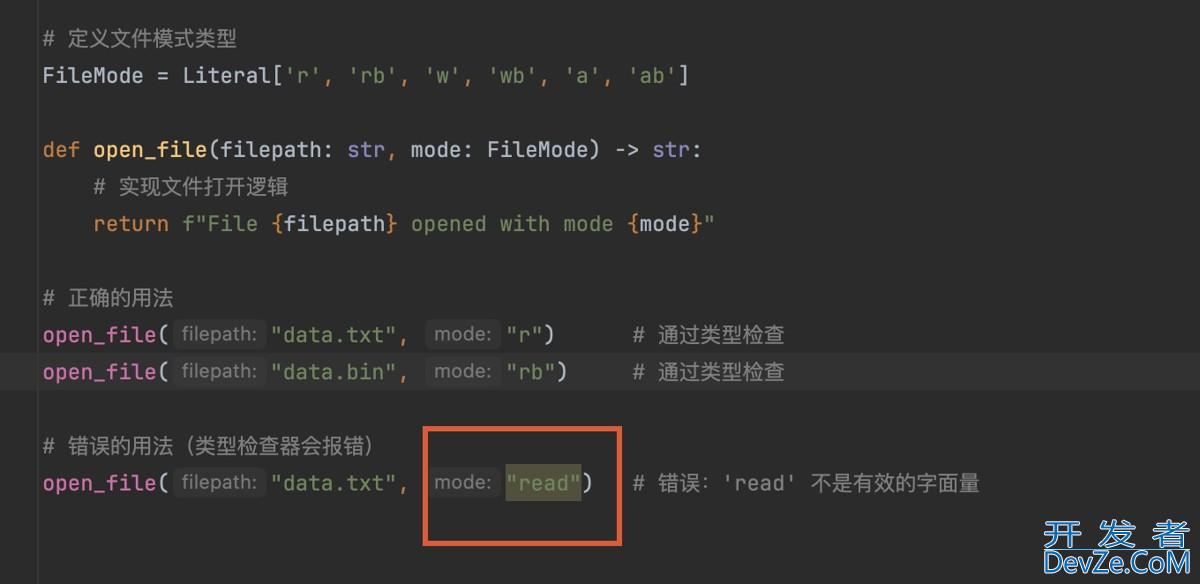
- 在pycharm中能直接提醒
3. 布尔值和数字字面量
# 布尔值字面量
def toggle_switch(state: Literal[True, False]) -> Literal[True, False]:
return not state
# 数字字面量
Direction = Literal[0, 90, 180, 270]
d编程客栈ef rotate_sprite(angle: Direction) -> None:
print(f"Rotating to {angle} degrees")
# 混合类型字面量
ResponseType = Literal["success", "error", 200, 404]
高级用法
1. 与联合类型结合使用
from typing import Union, Literal # 更灵活的类型定义 StatusCode = Union[Literal[200], Literal[404], Literal[500]] ApiResponse = Union[dict, Literal["timeout"], Literal["error"]]
2. 枚举的替代方案
# 使用 Literal 代替简单的枚举
Color = Literal["red", "green", "blue"编程客栈, "yellow"]
def set_traffic_light(color: Color) -> None:
if color == "red":
print("Stop")
elif color == "green":
print("Go")
elif color == "yellow":
print("Caution")
# 类型检查会捕获拼写错误
set_traffic_light("red") # 正确
set_traffic_light("reed") # 类型检查错误
3. 在类和方法中使用
from 编程客栈typing import Literal, ClassVar
class DatabaseConnection:
# 类常量使用 Literal 类型
SUPPORTED_VERSIONS: ClassVar[Literal["1.0", "2.0", "3.0"]] = ["1.0", "2.0", "3.0"]
def __init__(self, version: Literal["1.0", "2.0", "3.0"]):
self.version = version
@classmethod
def get_status(cls) -> Literal["connected", "disconnected", "error"]:
return "connected"
实际应用场景
1. API 响应处理
from typing import Literal, TypedDict
class ApiResponse(TypedDict):
status: Literal["success", "error"]
data: dict
message: str
def handle_response(response: ApiResponse) -> None:
if response["status"] == "success":
process_data(response["data"])
else:
log_error(response["message"])
2. 配置验证
from typing import Literal, TypedDict
class AppConfig(TypedDict):
environment: Literal["development", "staging", "production"]
log_level: Literal["DEBUG", "INFO", "WARNING", "ERROR"]
database: Literal["mysql", "PostgreSQL", "SQLite"]
def validate_config(config: AppConfig) -> bool:
# 配置验证逻辑
return True
3. 状态机实现
from typing import Literal
OrderState = Literal["pending", "confirmed", "shipped", "delivered", "cancelled"]
class Order:
def __init__(self):
self.state: OrderState = "pending"
def transition(self, new_state: OrderState) -> None:
# 状态转换逻辑
valid_transitions = {
"pending": ["confirmed", "cancelled"],
"confirmed": ["shipped", "cancelled"],
"shipped": ["delivered"],
}
if new_state in valid_transitions.get(self.state, []):
self.state = new_state
else:
编程客栈raise ValueError(f"Invalid transition from {self.state} to {new_state}")
限制和注意事项
- 不可子类化:
Literal[...]不能被继承 - 运行时限制: 在运行时,
Literal接受任意值作为参数,但类型检查器可能会施加限制 - 哈希性要求: 字面量参数应该是可哈希的
- 类型检查器支持: 不同的类型检查器(如 mypy、pyright)可能对
Literal有不同的支持程度
最佳实践
- 使用有意义的字面量: 选择能够清晰表达意图的字面量值
- 避免过度使用: 只在确实需要限制为特定值时使用
Literal - 与枚举比较: 对于固定的值集合,考虑使用
Enum是否更合适 - 文档化: 为使用
Literal的复杂类型添加适当的文档
示例总结
from typing import Literal, Union
# 各种使用场景的完整示例
HttpMethod = Literal["GET", "POST", "PUT", "DELETE", "PATCH"]
StatusCode = Literal[200, 201, 400, 401, 403, 404, 500]
ApiResponse = Union[dict, list, Literal["error", "timeout", "unauthorized"]]
def make_api_request(
method: HttpMethod,
endpoint: str,
expected_status: StatusCode = 200
) -> ApiResponse:
"""
发起 API 请求
Args:
method: HTTP 方法,必须是预定义的字面量值
endpoint: API 端点
expected_status: 期望的 HTTP 状态码
Returns:
API 响应数据或错误字面量
"""
# 实现请求逻辑
if method == "GET":
return {"data": "sample response"}
else:
return "error"
Literal 类型为 Python 的类型系统提供了更精细的控制能力,特编程客栈别是在需要精确指定允许的特定值时非常有用。
到此这篇关于Python中Literal 类型的具体使用的文章就介绍到这了,更多相关Python Literal类型内容请搜索编程客栈(www.devze.com)以前的文章或继续浏览下面的相关文章希望大家以后多多支持编程客栈(www.devze.com)!

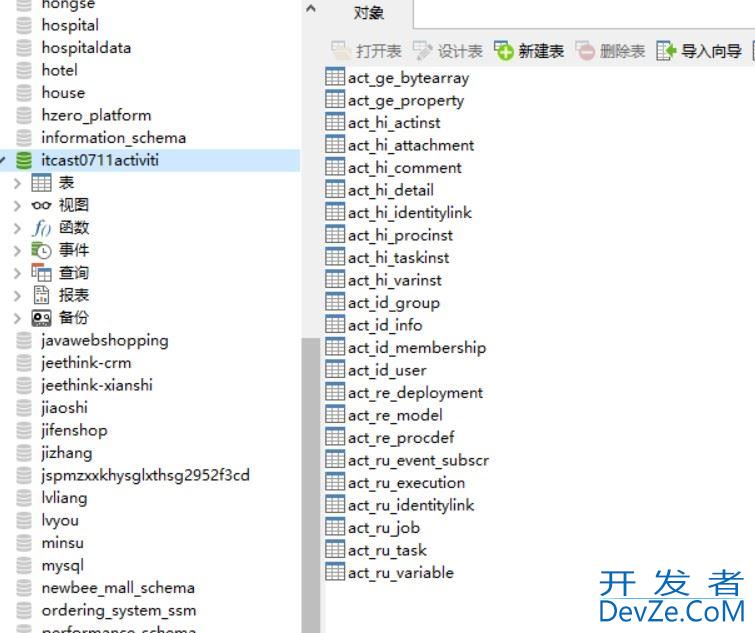



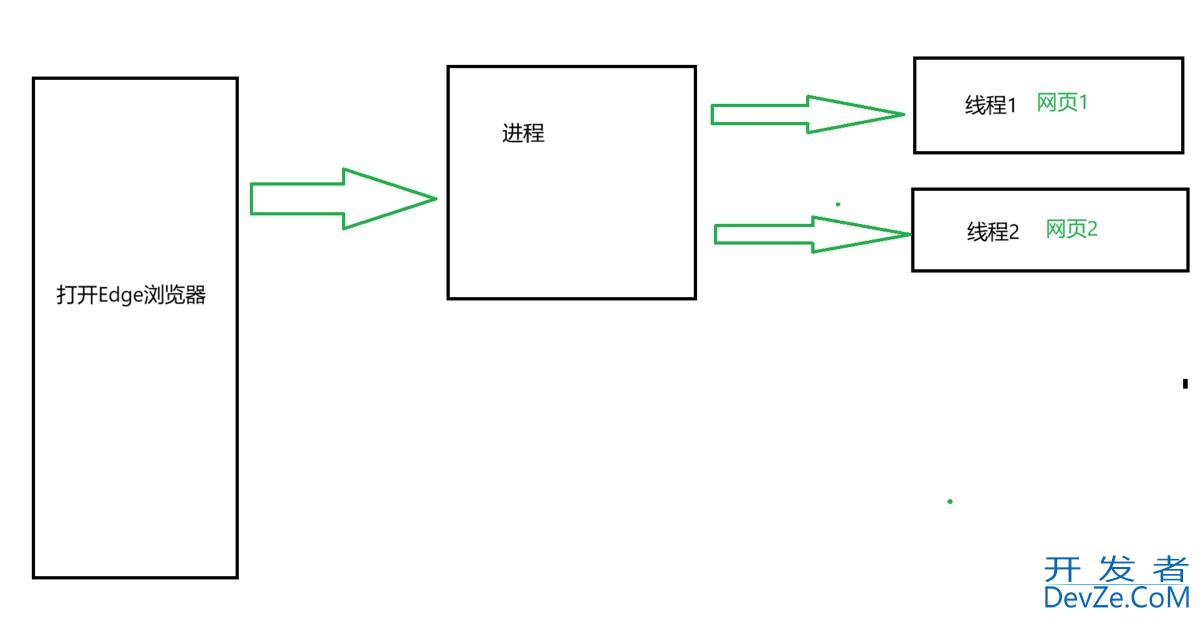
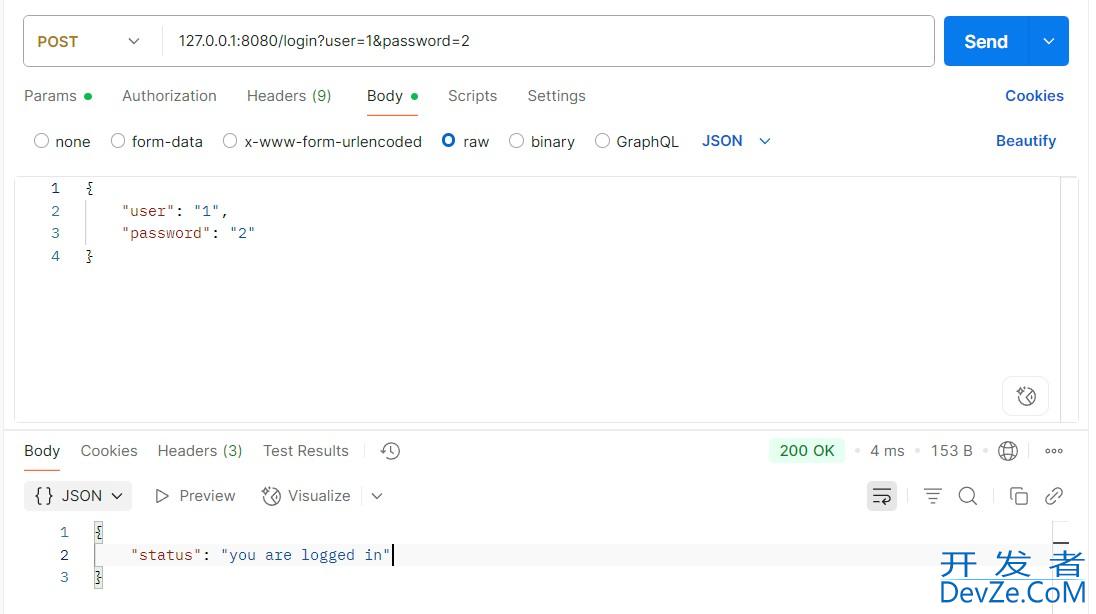
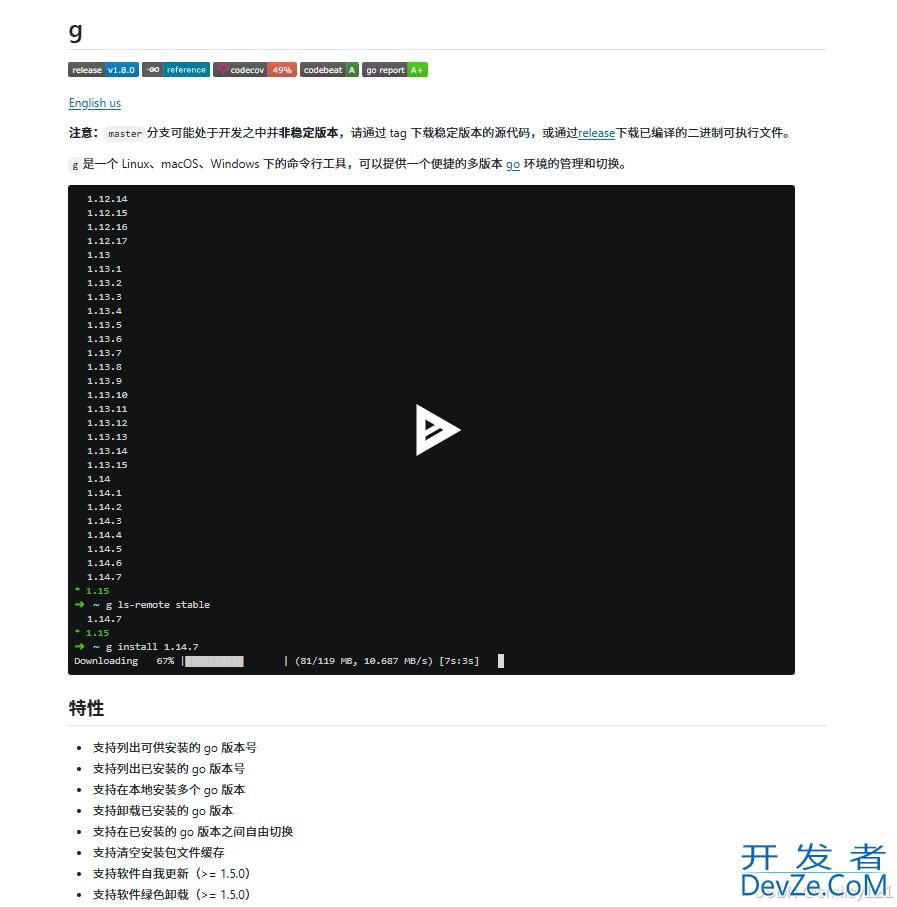
 加载中,请稍侯......
加载中,请稍侯......
精彩评论